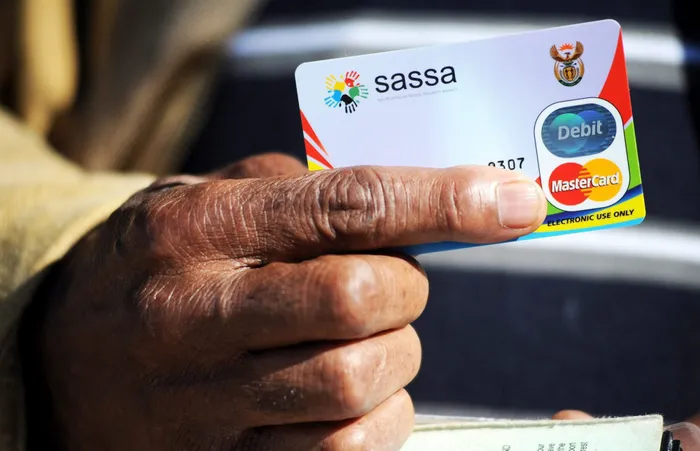Grant recipients face frustrating challenges with SASSA's in-person verification process

Portfolio Committee chairperson Bridget Masango said social grant recipients, especially in rural areas, are facing significant challenges due to SASSA's new in-person verification process.
Image: Independent Newspapers Archives
The in-person verification process that the South African Social Security Agency (SASSA) has implemented is frustrating social grant recipients, particularly those in rural areas.
This is according to the chairperson of the Portfolio Committee on Social Development, Bridget Masango who said the stringent new conditions imposed by National Treasury on SASSA’s 2025/26 budget were having severe consequences for millions of vulnerable South Africans.
“Today, we address an issue that affects nearly half of our population,” said Masango, referring to conditions that include biometric authentication for flagged beneficiaries, cross-verification with SARS and other state databases, and quarterly reporting of suspended or cancelled grants.
“Treasury argues these steps are essential to combat fraud and ensure value for money, and failure to comply by SASSA may result in grant funding being withheld, a deeply concerning possibility for millions who rely on this support,” she said.
Masango said while the committee supports fraud prevention, the current approach is causing “delays, confusion, and deep distress among beneficiaries.”
“The requirement for in-person verification is disproportionately disadvantaging rural communities and elderly caregivers who simply cannot afford to travel. Transport costs can reach up to R150 or more per trip, an unaffordable amount for some beneficiaries,” she added.
Masango said the committee has been “flooded with WhatsApp messages, SMSs, calls and emails from desperate individuals and organisations that represent communities, who are unable to verify themselves. People are being excluded from the system and all of this, as far as we can see, is in the name of saving money.”
Although SASSA defended the verification process as necessary to prevent fraud and ensure accurate targeting, Masango cautioned that “it cannot happen without balancing accessibility with fairness.”
To improve oversight, she said: “SASSA will now submit quarterly reports directly to the committee, in addition to National Treasury.”
She welcomed the R1.6 billion increase in grant funding for above-inflation increases and noted efforts to combat fraud, including biometric rollouts, self-service kiosks, and digital upgrades. However, she stressed: “No cost-saving measure should come at the expense of basic dignity or leave the poor out in the cold.”
Masango also raised concerns about the growing substance abuse crisis, particularly the underfunding of the Central Drug Authority (CDA). “How can the CDA fight a national war with no weapons? No money, no independence, no enforcement authority and still be expected to lead the charge?”
Calling the CDA “unfit for purpose,” Masango urged the Department of Social Development to amend the Substance Abuse Act. “Substance abuse must now be treated with the same urgency as gender-based violence, as both are destroying lives, families, and the nation’s social fabric,” she said.
Related Topics: